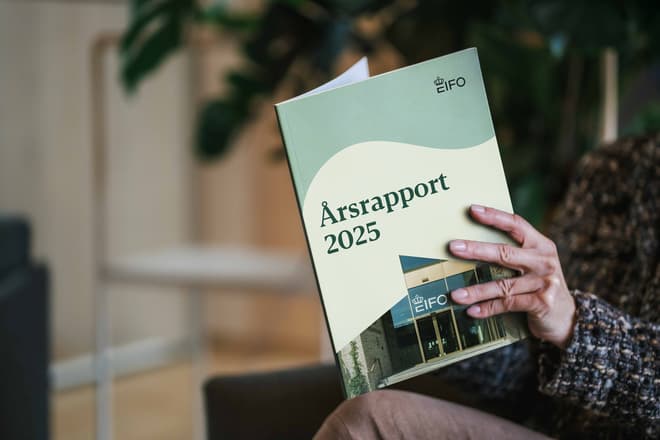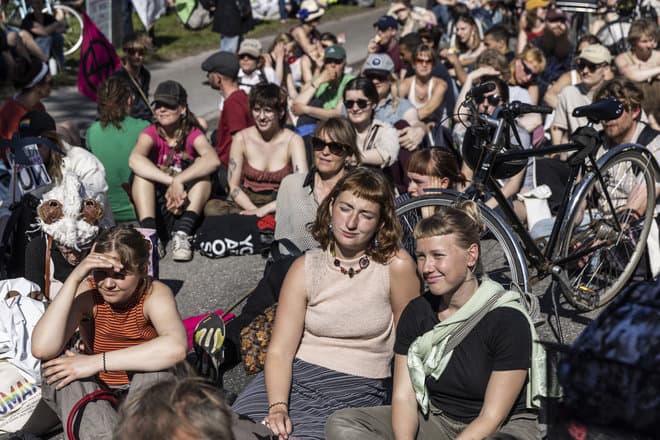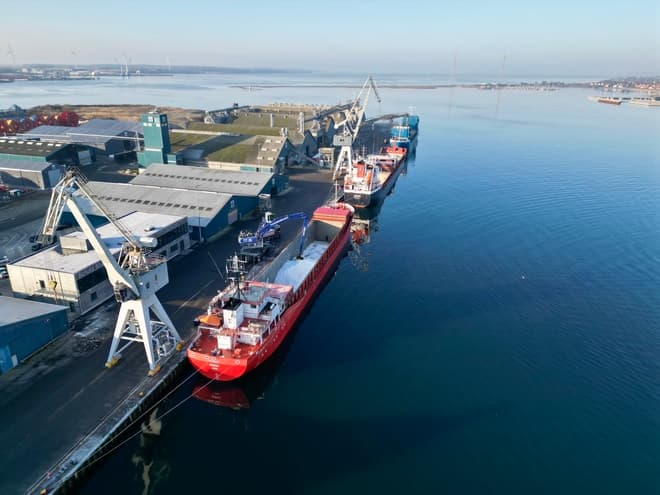
On Friday, the government, together with the Radical Left, the Socialist Party, the Danish People's Party and the Christian Democrats, agreed to lower the electricity tax more than previously planned. This was decided as part of the reform package "Denmark can do more".
Today, the electricity tax is 90 øre per kWh, and it was originally supposed to be gradually reduced to 79.6 øre per kWh in 2025, according to a political agreement from 2018.
However, the parties agreed that the tax should be reduced by a further 14 øre from 1 July 2022, by 16 øre in 2024-2029 and by 17 øre from 2030.
This decision is being praised by the industry organisation Dansk Energi, which would have liked to see an even greater tax reduction.
– If the Danish electricity tax were an elephant, it will be eaten in very small pieces. Of course, I would have liked to see politicians take a bigger bite here and now, but the 14 øre that the price will be reduced by in 2022 is a helping hand to consumers in a time of dramatic increases in energy prices. However, that does not remove the fact that Danes are still looking at a higher electricity bill this year, says CEO of Dansk Energi Lars Aagaard.
According to the Ministry of Taxation, the reduction in 2030 of 17 øre/kWh will result in a household with a consumption of approx. 4,000 kWh per year saving approx. DKK 850 per year incl. VAT. This year, the savings will be approx. DKK 350, according to Dansk Energi's figures – primarily because the reduction does not come until the middle of the year.
Dansk Energi points out that despite the current reduction, the tax is still far too high in a climate-related context. Here, the tax corresponds to DKK 5,400 per ton CO2 based on new figures from Energinet and from SKAT.
– It is not a fair way to tax citizens, as it hits people with low incomes harder, because the electricity bill takes up relatively more of their budget. At the same time, the tax is completely out of proportion in relation to how little CO2 electricity emits., says Lars Aagaard.
amp
Text, graphics, images, sound, and other content on this website are protected under copyright law. DK Medier reserves all rights to the content, including the right to exploit the content for the purpose of text and data mining, cf. Section 11b of the Copyright Act and Article 4 of the DSM Directive.
Customers with IP agreements/major customer agreements may only share Danish Offshore Industry articles internally for the purpose of handling specific cases. Sharing in connection with specific cases refers to journaling, archiving, or similar uses.
Customers with a personal subscription/login may not share Danish Offshore Industry articles with individuals who do not themselves have a personal subscription to Danish Offshore Industry.
Any deviation from the above requires written consent from DK Medier.


























